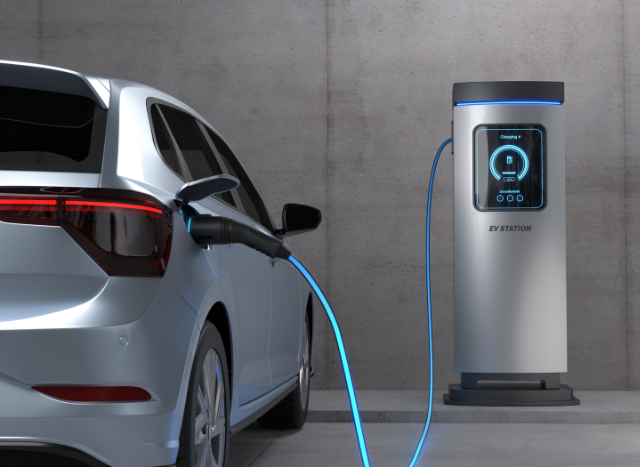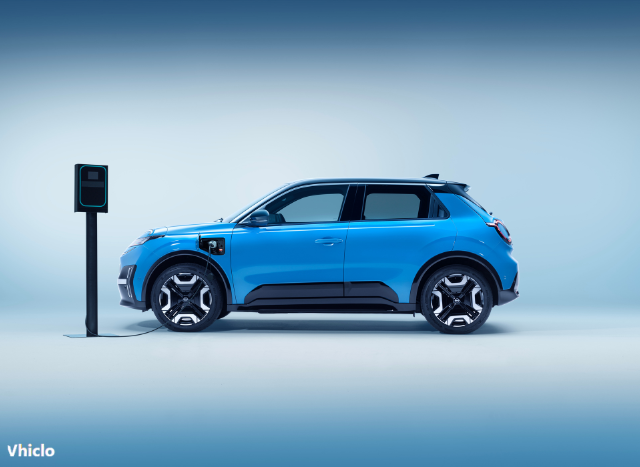Security flaws in Hyundai’s Ioniq 5 spark legal action as thefts using digital key emulators rise.
Hyundai is being sued after a Hyundai Ioniq 5 owner in the UK had his electric vehicle stolen in less than 20 seconds—a crime caught all on home security camera video. The gimmick? A sophisticated hacking device that impersonates the car’s smart key so that thieves can easily unlock and drive the car.
Owner Elliott Ingram, a cybersecurity professional, is also claiming damages and possibly suing the South Korean automaker. He says that Hyundai failed to inform him and fellow owners of the Ioniq 5 about this vital security flaw.
“This security system has been completely blown open. It’s no longer fit for purpose,” Ingram said.
Contents
How Thieves Are Exploiting Smart Key Technology
Hyundai is promoting the smart key and digital key features in the Ioniq 5 as convenient, enabling keyless entry and start with the press of a button. It’s exactly such a system being exploited by sophisticated criminal gangs.
The Theft Device at the Center of the Problem:
- Selling online for around €15,000 (£12,500)
- Masquerades as a Game Boy in appearance
- Can record and replay the car’s digital signal within 10 seconds
- Works with Hyundai and other brands using similar keyless systems
- Operable in English and Russian, indicating international reach
Ingram’s discovery of the device online and the swift theft of his vehicle underscore just how vulnerable some EVs are to high-tech heists.
Hyundai’s Response: Industry-Wide Problem, Not a Recall
In its reply to Ingram, Hyundai acknowledged the growing threat of keyless car theft and stated it was working closely with law enforcement to track stolen vehicles and analyze how these devices work.
Hyundai’s Current Position:
- Vehicles meet UK security regulations
- Software and hardware updates began rolling out in February 2024
- Working on retrofitting earlier models sold before February 2024
- No plans for a formal recall
A spokesman stated that the brand is doing everything possible to remain one step ahead of increasingly smarter criminal methods, but noted the ongoing cat-and-mouse game against hackers.

Legal Action Citing Consumer Rights
Ingram, frustrated by not being given prior warning, is considering taking action under the UK Consumer Rights Act based on the claim that Hyundai has violated its duty to inform customers of extreme risks. He said that if he had been warned, he would have installed additional theft preventers such as:
- Secondary immobilizers
- Steering wheel locks
He’s urging Hyundai to inform all Ioniq 5 owners immediately of the particular risk and provide them with advice on how to protect their vehicles.
Cars Thefts on the Rise: A Broader Trend
The issue is not limited to Hyundai. Official statistics show:
- Thefts of cars in England and Wales rose by 84%, from 70,053 in 2014 to 129,127 in 2024
- 40% of the thefts were committed using remote digital aids
UK lawmakers are responding by outlawing the sale and ownership of keyless motor vehicle theft equipment. Criminals under a new crime and policing bill would risk:
- Five years behind bars
- Unlimited fines
Industry Experts: Car Security Struggling to Keep Up
Ken Munro, a Pen Test Partners cybersecurity expert, warns that thieves of today’s cars do not need technical competence—just the right tools. He said there is a profitable black market for tools that attack modern car systems.
The average car thief is not necessarily a hacker. They just need to buy a product that allows them to hack and steal a car, Munro said.
What Ioniq 5 Owners Should Do
Until Hyundai releases a complete fix, owners should take proactive measures to protect their vehicles:
- Recommended Theft Deterrents:
- Utilize a steering wheel lock
- Equipped with a secondary immobilizer
- Park within secure or attended locations
- Jam key signals using Faraday pouches
As keyless entry thefts rise across the UK, Hyundai’s Ioniq 5 has found itself at the center of a growing concern over digital vulnerabilities in modern EVs. Whether Hyundai faces broader legal consequences remains to be seen, but the case highlights the urgent need for automakers to prioritize cyber-resilience alongside convenience.
Automotive industry expert and editor of Vhiclo, specializing in car news, EV technology, and in-depth vehicle analysis. With years of experience in the field, Koutaibah provides trusted insights for enthusiasts and professionals alike.






